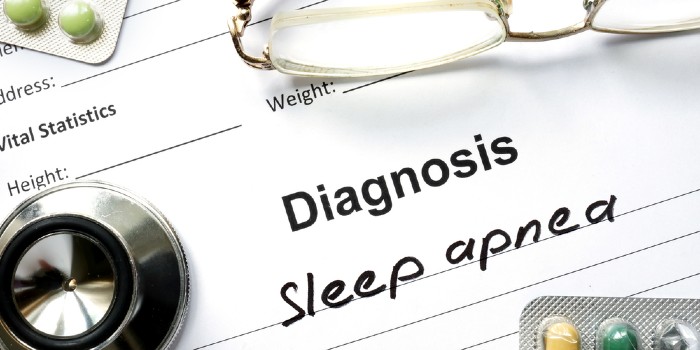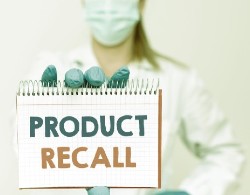Contact Us
Two Pershing Square 2300 Main Street, Suite 170 Kansas City MO 64108Two Pershing Square
2300 Main Street, Suite 170
Kansas City, MO 64108
Directions
Telephone: (816) 221-6600
Toll Free: 1 (877) 284-6600
Fax: (816) 221-6612

According to Johns Hopkins, “sleep apnea happens when upper airway muscles relax during sleep and pinch off the airway, which prevents you from getting enough air. Your breathing may pause for 10 seconds or more at a time until your reflexes kick in and you start breathing again.”

Obstructive sleep apnea is the most common type.
There are several types of sleep apnea; obstructive sleep apnea is the most common. It occurs when air cannot flow into or out of the nose or mouth even though you are trying to breathe. The muscles at the back of the throat relax too much to allow normal breathing to occur. When this happens, your airway narrows and closes, which can lower the level of oxygen in your blood and cause a buildup of carbon dioxide. This pattern can repeat as few as five times or up to 30 times or more each hour throughout the night.
Symptoms of sleep apnea include:
Obstructive sleep apnea is classified by severity: Severe, Moderate, and Mild.
The main type of therapy for obstructive sleep apnea is a breathing device called a continuous positive airway pressure machine or otherwise known as CPAP. This machine sends humidified air through the nose. The air pressure created is what keeps your throat open as you sleep. Basically, it prevents pauses in breathing.
Complications of sleep apnea include:
Risk factors include: being older, being male, having congestive heart failure, using narcotic pain medications, and having had a stroke.
Since it can have long-term health effects, it is important to get it treated.
Questions? Contact us at (877) 284-6600.

Philips Respironics recalled millions of CPAP, BiPAP, and other breathing devices.
A recall of several million breathing devices made by Philips Respironics has put many users in danger. Replacement devices were not available immediately upon the recall and now that this process has started, it could take up to 12 months to repair or fix these devices.
The devices were recalled due to a toxic foam issue where particles of the sound abatement foam can break down and make their way to the airway of the device. Ingesting or inhaling these particles can cause minor injuries such as skin irritations to more serious respiratory inflammation, cancer, pulmonary fibrosis, chemical poisoning, liver, and kidney damage.
There have been more than a thousand complaints of this foam breaking down and entering the devices’ airways. This has led to product liability and class action lawsuits being filed. At the end of September, almost 100 proposed class-action lawsuits had been filed against Philips Respironics.
Users who suffered specific symptoms or developed illnesses from ingesting or inhaling the toxic foam may be able to be financially compensated by proving negligence and/or recklessness.
If you are using one of the recalled devices, you should talk with your doctor immediately for guidance on whether to continue using the device or not.
Use our online Case Evaluation Request form to request a free consultation and case review.
If you or a loved one developed cancer, respiratory issues, or other serious health problems after using a Philips CPAP machine for six months or more, contact the law offices of Nash & Franciskato at (877) 284-6600. The time to request your free, no-obligation case review is today. We will help you determine if your Philips breathing device is the cause of your health issues. We will review your case in a free and confidential consultation, with no risk or obligation to take legal action.
Call us today at (877) 284-6600. One of our experienced staff will speak with you personally and will provide you with a free, no-obligation review of your case.
SCHEDULE A FREE REVIEW OF YOUR CASE
Would you like to receive news and blog updates on a regular basis? Sign up to receive our email newsletter. Your email address will only be used to send you our newsletter and respond to inquiries.
Past results afford no guarantee of future results and each case is different and is judged on its own merits. The choice of a lawyer is an important decision and should not be based solely on advertisements.